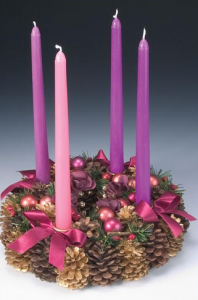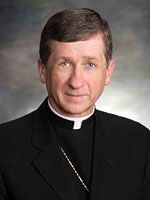
In the latest issue of my local Catholic newspaper, the Inland Register, Bishop Blase Cupich recently responded to the question “Why do Catholics have their own schools?”
“It is a good question,” he responds. “The state allocates huge sums of money each year for public education and provides a solid academic program on all levels. Why should the Catholic Church bother with even trying to duplicate or compete with these efforts?”
His answer is three-fold:
- “Catholic schools are part of our mission.”
- “We have been at this a long time.”
- “We are good at it.”
Bishop Cupich points out, among other things, that Catholic schools
hold “in trust” all the accumulated knowledge over the centuries about how to live the life God offers us and how to promote a culture that enhances living together in society. As sacred guardians of this heritage, our schools aim at preparing our students not just for a job, but for life here on earth, and life eternal.
He also acknowledges the Church’s commitment to educating all members of society:
Even before the state took up the task of offering public education, Religious orders in a male-dominated society promoted education for girls and women, the poor and underprivileged.
Finally, in recognizing the way Catholic schools succeed despite limited financial resources, he pays tribute to the people who lie at the heart of Catholic education:
Much of this lower cost is due to the generosity and sacrifice of our teachers and staff. We should never overlook that each year these fine women and men contribute to the education of our children by accepting lower salaries and taking on many added duties. In many ways, they are serving in the tradition of the Religious women and men, who built the Catholic school tradition in our country.
As a product of Catholic education and a Catholic teacher for over twenty years, I am grateful for his support and I feel blessed to have such a shepherd for the Church in Eastern Washington.
I encourage you to read the entire article. It’s a fitting tribute to the “rich and noble heritage” of Catholic education.
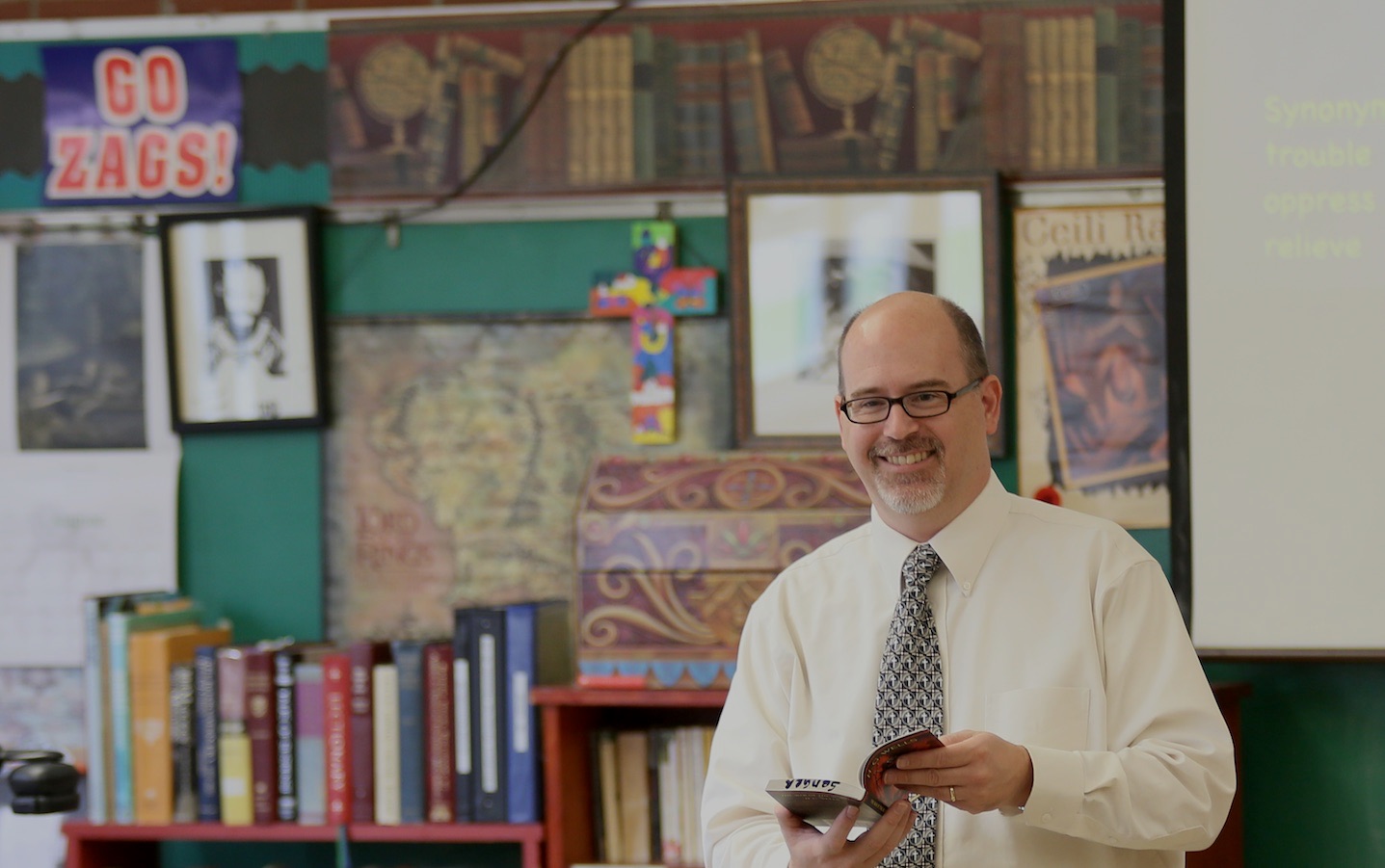
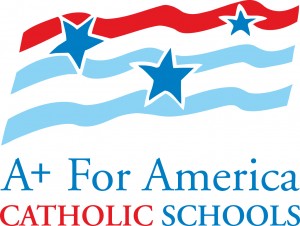 What is your school doing for Catholic Schools Week 2011? That’s the question Ann Oro wants you to answer on the
What is your school doing for Catholic Schools Week 2011? That’s the question Ann Oro wants you to answer on the 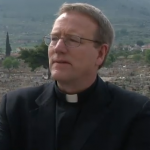
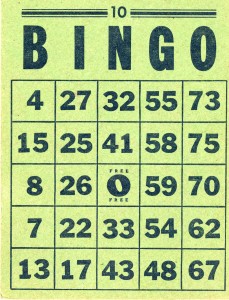 different bingo cards.
different bingo cards.